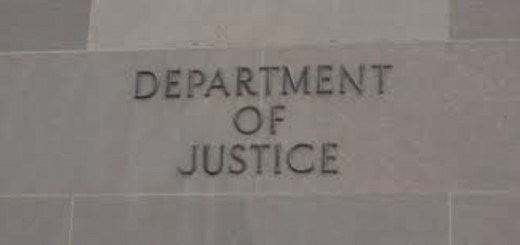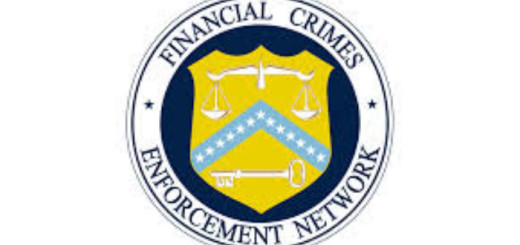4 Questions to Ask When You Learn of Potential FCPA Violation
You can add this blog posting to my tagged category – “profound grasps of the obvious.” If you are brave and willing to succumb to yet another in this series, please read on. Much has been written about how to conduct an internal investigation. Not as much has been written about the steps leading to an internal investigation. There can be very difficult judgment calls...























